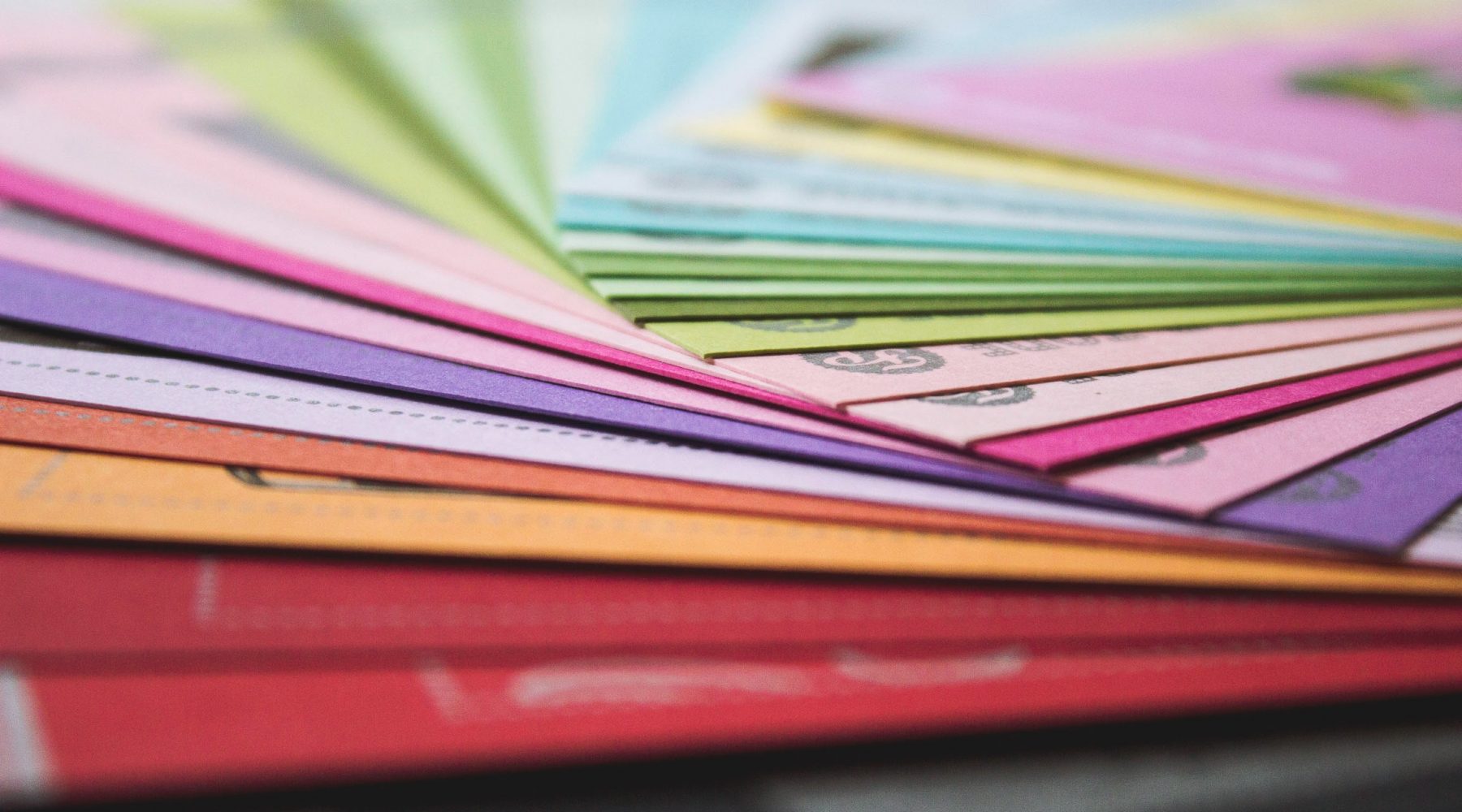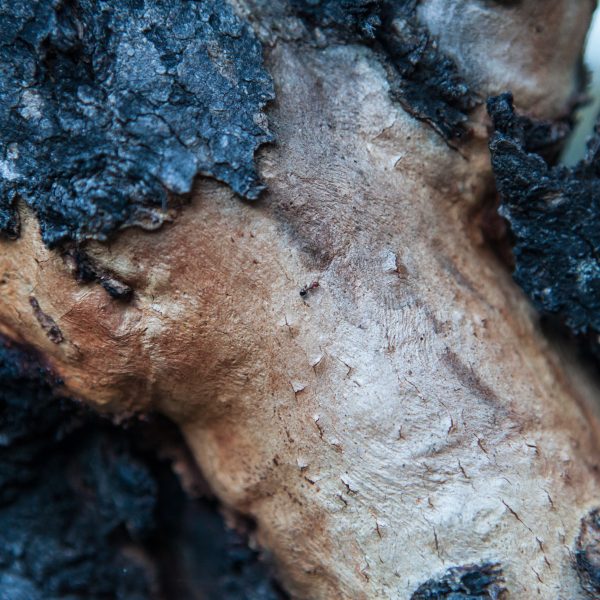Be You releases resource pack for educators to assist in bushfire response

With the significant impact of the recent bushfires on both the Australian landscape and on children and families, a number of early childhood education and care (ECEC) services are finding themselves working with children and young people who have been directly or indirectly traumatised.
In response, Be You has developed a resource pack for schools and early learning services. The resource pack focuses on providing information related to mental health and wellbeing for learning communities.
While the tangible impact of the crisis is obvious, the impact to mental health may not be so visible, and is experienced differently by many people, Be You said, noting that “knowing how to look after yourself, and others, is especially important for coping and recovery”.
“Many schools and early learning services have been damaged or destroyed, and many more children, young people and their families have been – and will continue to be – affected by this crisis. Recovery will be different for each community, depending on the extent of the impact, and the needs of each community may change over time,” a spokesperson said.
For children who are able to return to school or ECEC, coming back can provide a sense of familiarity and safety. At the same time, educators may feel the weight of responsibility to support their learning communities. This may be especially difficult for educators who have been personally affected by the bushfires, a spokesperson said.
The resource pack, designed to be a source of information about supporting self and others, will be updated as new information becomes available, and educators are encouraged to check back regularly.
The pack has been developed with educators in mind, and includes information suitable for parents, families, children, young people and community members, and for communities both directly and indirectly affected – including:
- those from regions that have been severely affected;
- those who have had children and young people who were evacuated;
- those who will be looking after children who were relocated;
- those who are affected by smoke and reduction in air quality; and,
- those who are observing the media coverage and wondering what they can do to help.
Children and young people can develop trauma-related mental health issues even when not directly exposed to the bushfires, and the fires may serve as a trigger to bring back past traumatic experiences.
While a lot of information is available online about coping with the trauma and mental health impacts of events such as the bushfires, the Be You resource pack has been compiled specifically to offer educators high-quality, evidence-based information that may be useful for providing support, responding to the needs “of everyone in your learning community, and practicing self-care.”
Using the resource pack
Knowing that communities and individuals are experiencing different stages of the bushfire crisis at a given time, the pack includes resources for different stages of response and recovery, and is divided into three sections:
- Immediate: Information about how to deal with and manage distress in the immediate days and weeks after the event.
- Short-term: Information that may be useful in the first few months after the fires, which focuses on recovery and prevention of serious adverse mental health impacts that often occur as a result of bushfires.
- Long-term: Information for how to manage the longer-term impacts of the bushfires, including when children and young people are experiencing post-traumatic mental health challenges (for example depression, post-traumatic stress disorder other anxiety disorders), as well as information for how to prepare your learning community for the disaster anniversary and a future disaster.
Resources are listed only once but may also apply to a different section (for example, a resource listed as short-term may also be useful in the long term).
The resource pack is not a clinical guide to providing mental health interventions to children, young people and their families. Instead it is a quick reference guide for those looking for information about what you can do to help support your learning community.
For those who require information about clinical services available to the community, visit the Department of Health’s bushfire information and support page.
Self care, self awareness
Be You reminded educators that whilst care had been taken to include resources from reputable organisations, information available could be distressing. Those needing immediate crisis support should contact LifeLine, KidsHelpline or the BeyondBlue Information Service.
To review this information on the Be You website, please see here.
Popular

Quality
Practice
Research
Crayola Creativity Week 2026 launches as research highlights strong link between creativity and confidence
2026-01-06 07:00:35
by Contributed Content

Research
New study finds social dominance preferences emerge in early childhood
2026-01-06 07:30:50
by Fiona Alston

Workforce
Events News
Practice
Provider
Quality
Research
Mary MacKillop Announced as Finalist for FIA 2026 Best Transformational Gift Award
2026-01-06 06:30:50
by Fiona Alston














